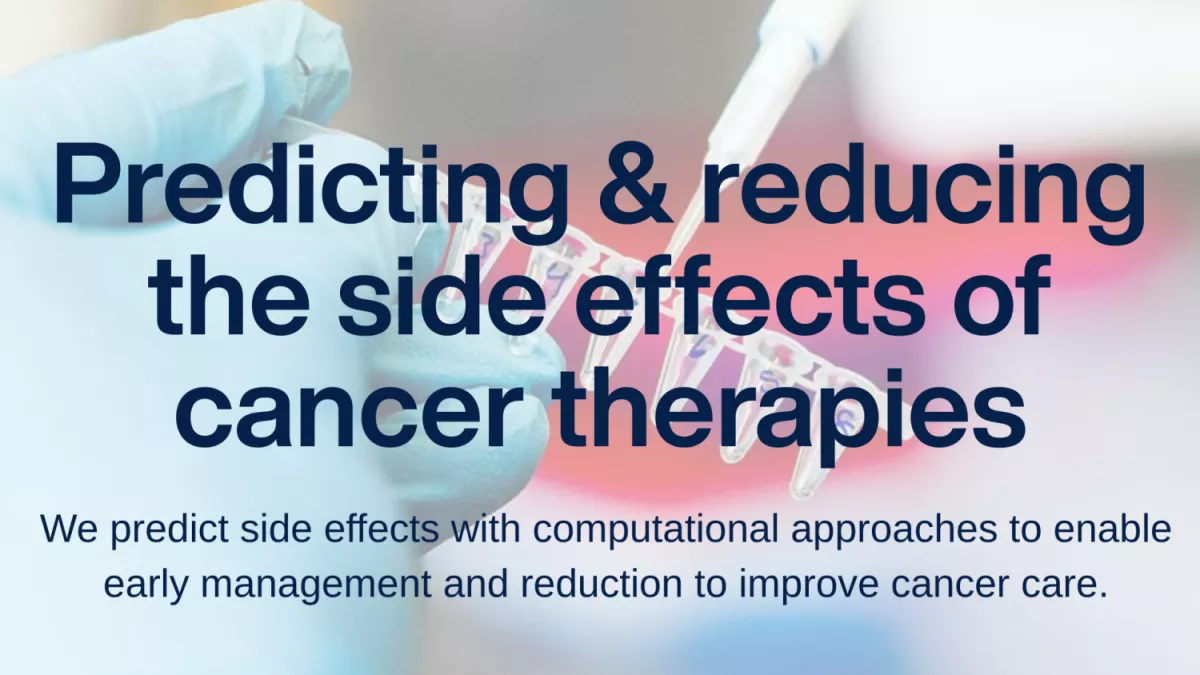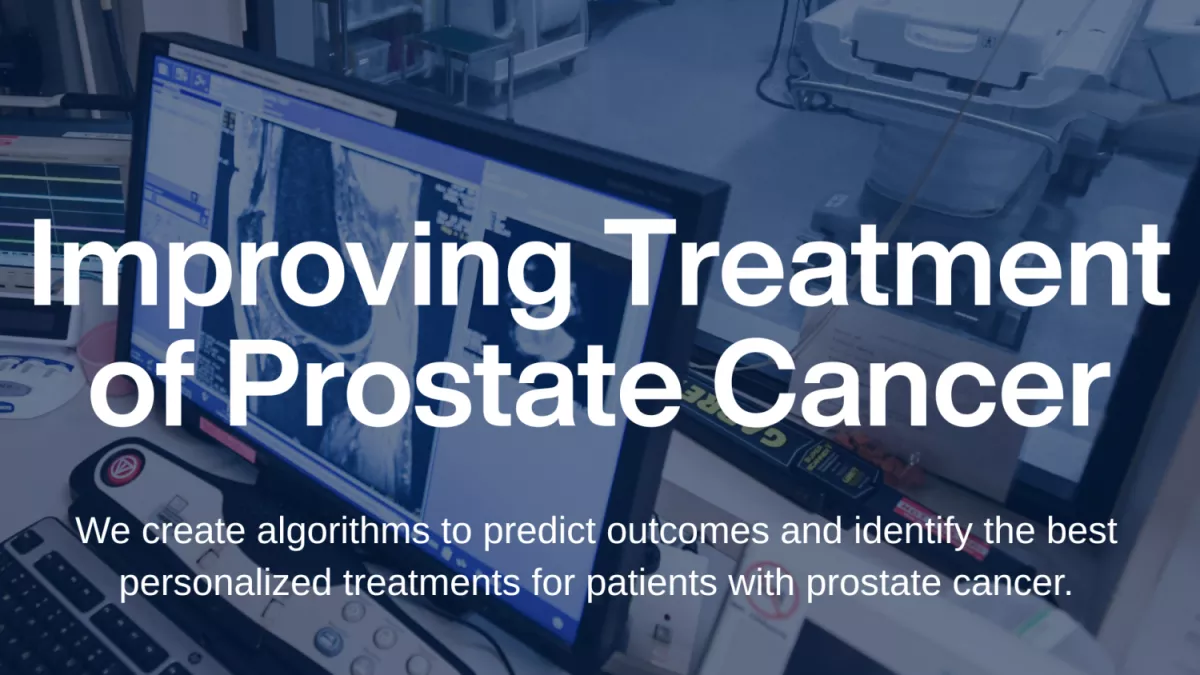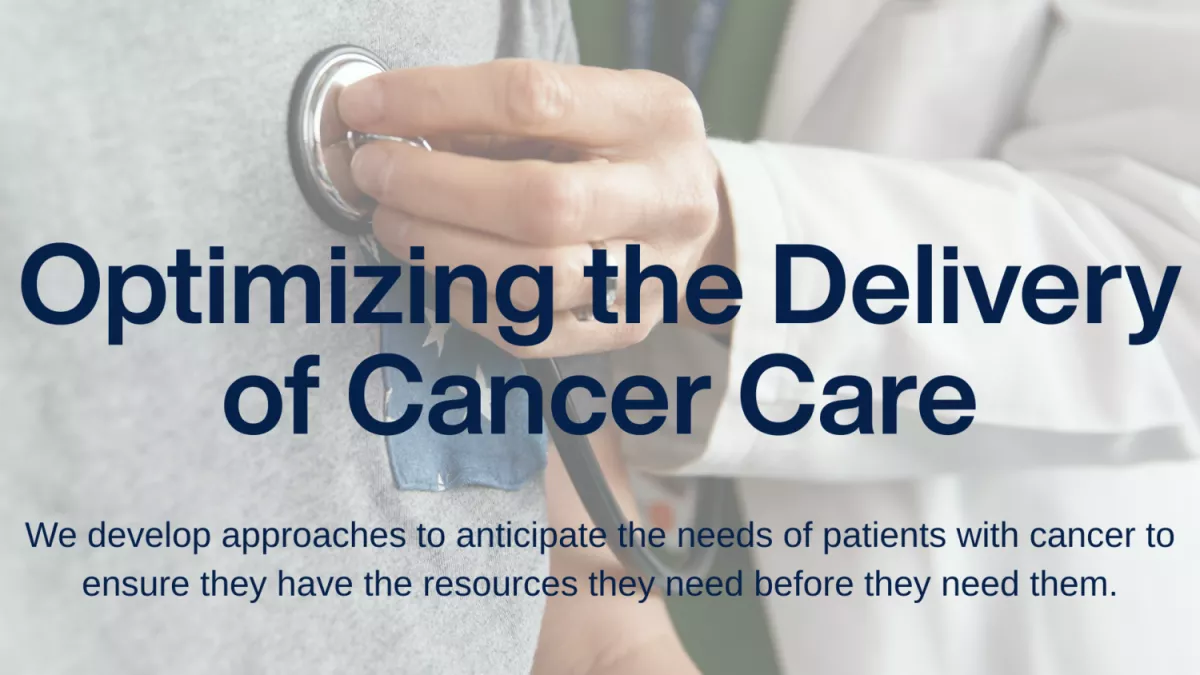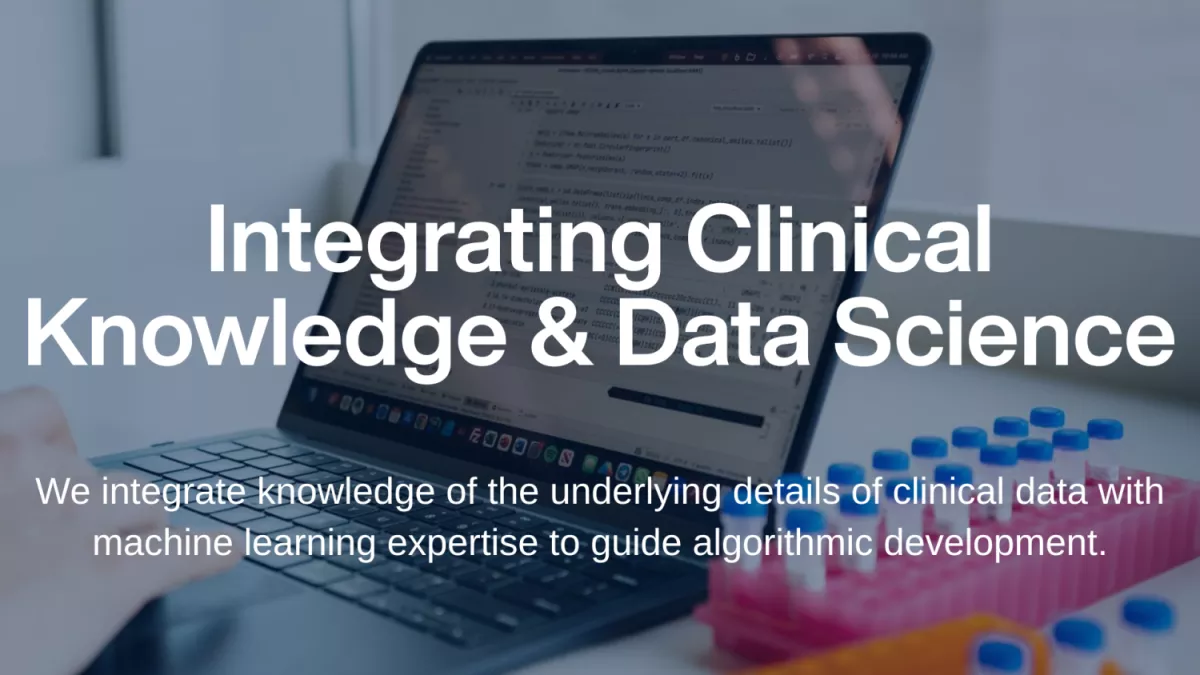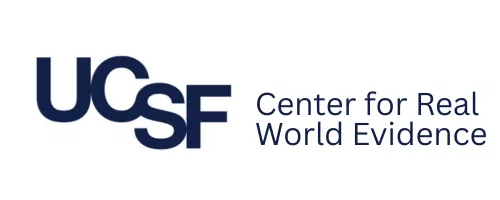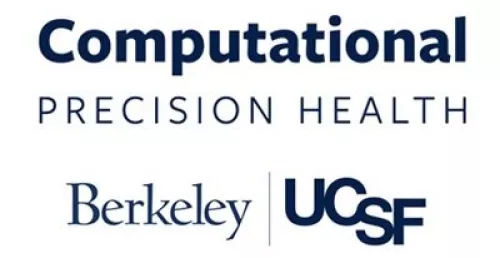Latest News and Research
- Excited to share our latest work led by Jane Chen - now on faculty at MD Anderson! Jane investigated the patterns of symptoms that patients experience prior to undergoing palliative radiation. Check it out in JNCI Cancer Spectrum.
- Congratulations to Ryzen Benson and team on our latest review, Large Language Models in Population Oncology: A Contemporary Review on the Use of Large Language Models to Support Data Collection, Aggregation, and Analysis in Cancer Care and Research! Published in JCO Clinical Cancer Informatics, the review covers the applications and future of LLMs in population oncology and cancer research.
- Congratulations to Will Chen and our interdisciplinary prostate cancer team on our latest study investigating how we can better manage patients with oligometastatic prostate cancer leveraging PSMA PET, published in the Journal of the National Cancer Institute Spectrum. This study leverages PSMA PET to better inform strategies of how we can better apply radiation therapy and hormone therapy.
- Hot off the press is our latest study led by Ji Hyun Chang on our work investigating applying large language models to better understand patient portal messages, published in JCO Clinical Cancer Informatics. This strategic effort with UCSF Cancer Center applied multiple LLMs to better understand commonly messaged topics from patients, a precursor to ongoing efforts in AI-assisted triage in our health system and improve responses.
- Julian collaborated with Danielle Bitterman from Dana Farber and Ramez Kouzy from MD Anderson on our latest publication detailing the importance of appropriately implementing, evaluating, and disseminating medical AI. Published here in The Lancet Digital Health.
- We are so excited to be part of the recently announced Weill Cancer Hub West! We are grateful for the gift from the Weill family and their support and looking forward to launching this collaboration between UCSF and Stanford. Julian will be serving as the UCSF Co-Principal Investigator for Project IMPACT-AI which aims to leverage AI and data across both institutions. More to come as we get started! This project would not have been possible without the leadership of Dr. Atul Butte, and we will strive to carry on his legacy: "All the data in the world will not make a difference, unless there are people ready to use it." Coverage in the SF Examiner.
- Congratulations on our collaborative team led by Harvineet Singh and Jean Feng on our conference paper at the International Conference on Machine Learning (ICML)! This exciting collaboration proposed SHIFT, a framework for identifying how clinical AI and Machine Learning models break down due to changes in underlying data, and how we can intervene.
- Really excited to share our latest work led by Chichi Chang and team and published in JAMA Network Open. We applied Natural Language Processing (NLP), an AI approach to identify symptoms that pre-date emergency room visits and hospitalizations. The hope is that these automated processes can help us anticipate and reduce future complications.
- We're a go! The Wearable Activity Tracking to Curb Hospitalizations (WATCH) trial is now open! This open study will evaluate our prior models in predicting unplanned acute care for patients who are undergoing cancer therapy.
- Hot off the press, congrats to Travis Zack, now on faculty at UCSF, and CPH student Li-Ching Chen leading our most recent publication "Assessing Large Language Models for Oncology Data Inference From Radiology Reports," investigating the use of large language models to "read" radiology reports in JCO Clincal Cancer Informatics!

